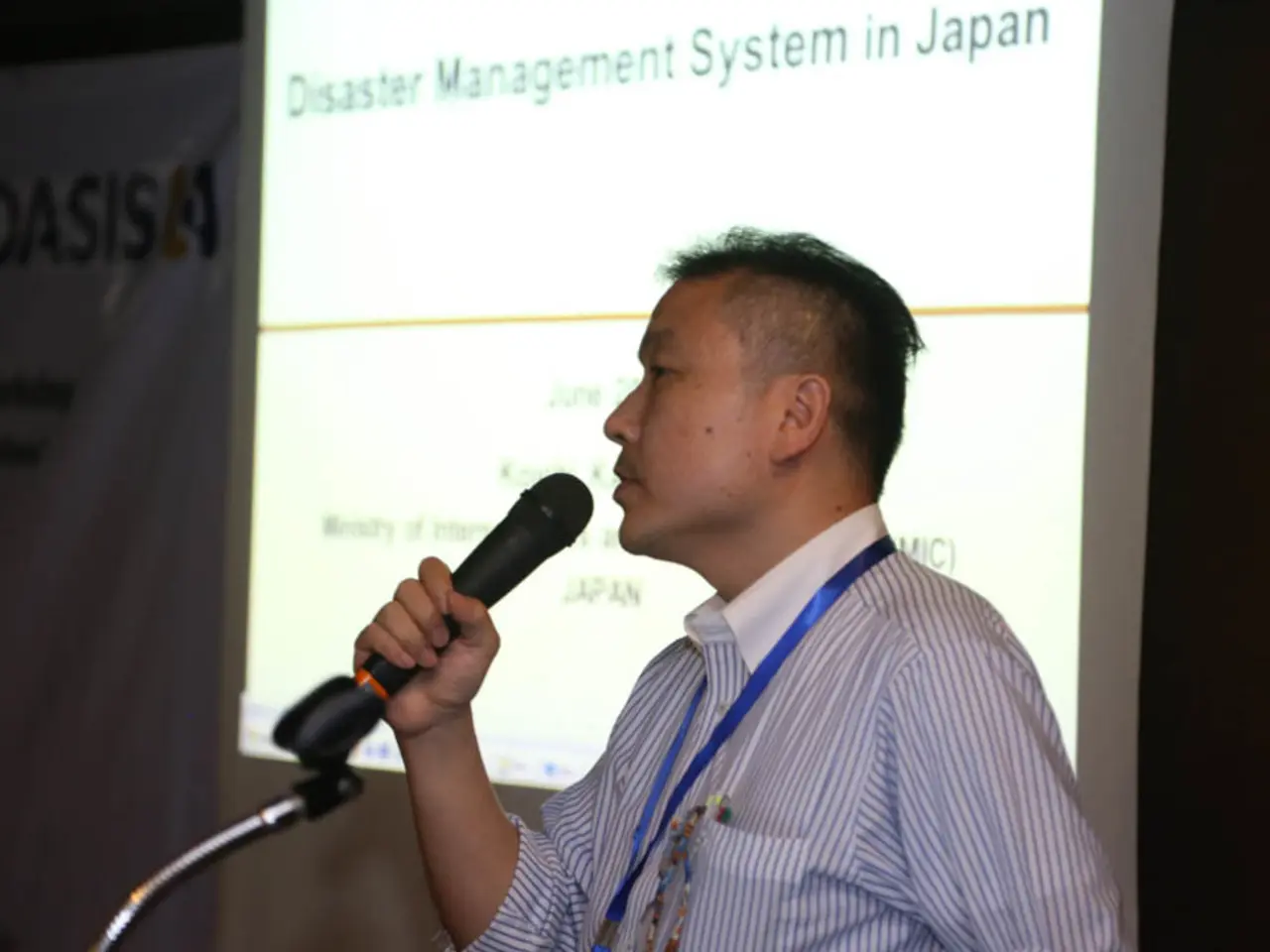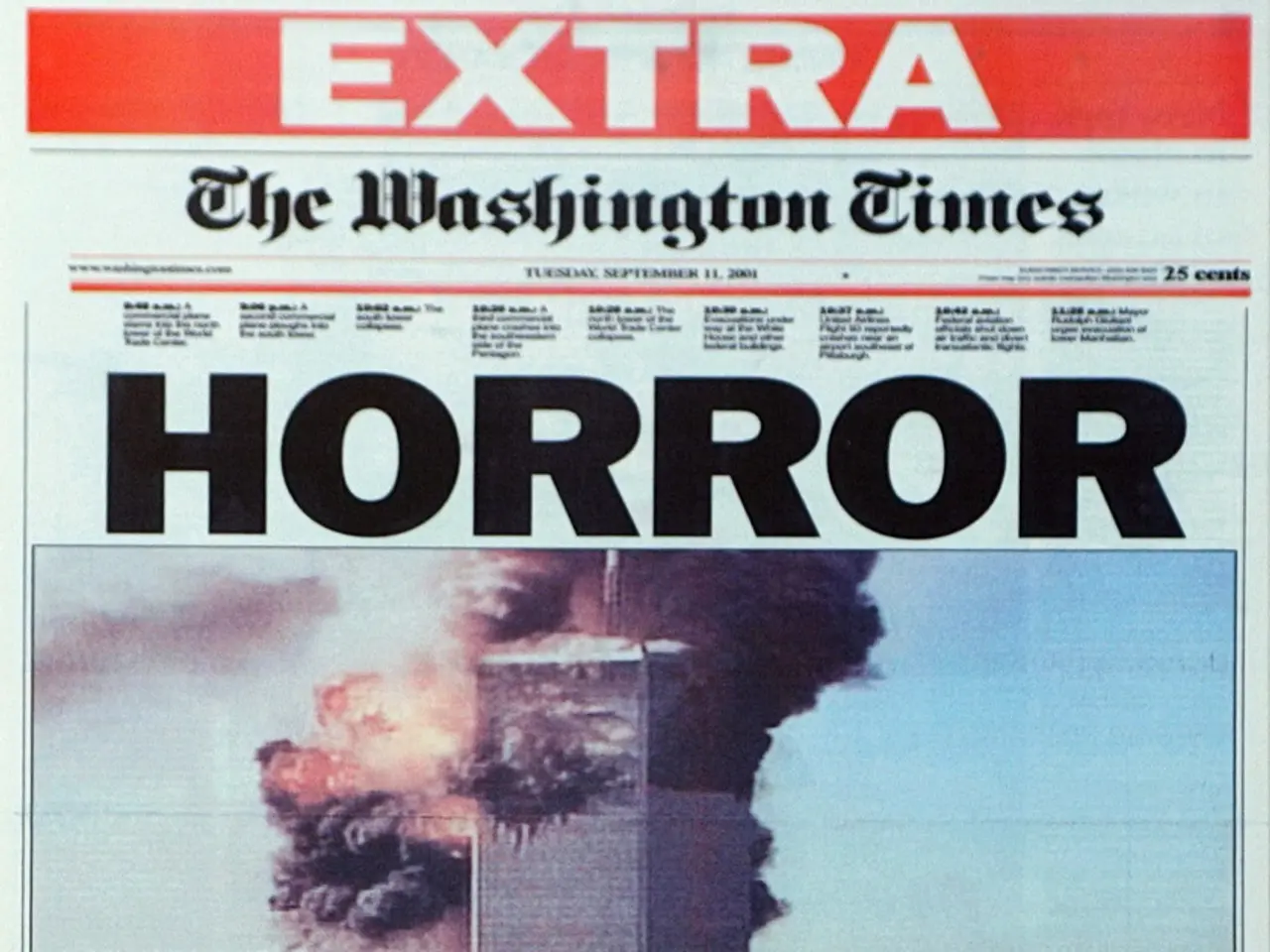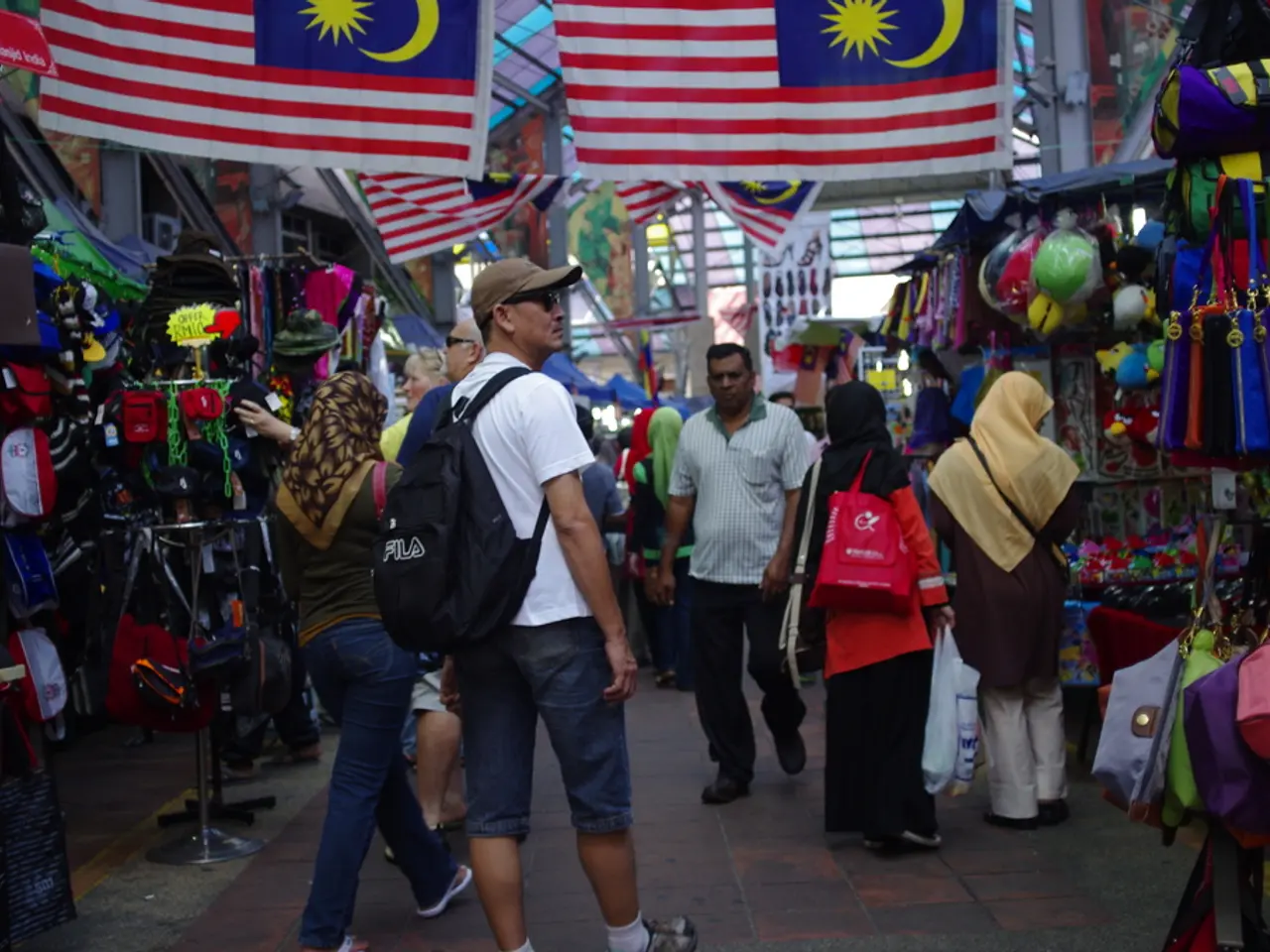"World War II's Final Victim: A Reflection on Japan"
In an article penned by Sven-Felix Kellerhoff, the focus is on Japan's self-perception as the last victim of World War II. This perspective is primarily justified by the country's experience of the atomic bombings of Hiroshima and Nagasaki, which claimed over 200,000 mostly civilian lives and left a profound impact on Japan's narrative of suffering and victimhood in the war's final phase.
The catastrophic events of Hiroshima and Nagasaki are often emphasized, with their devastation serving as a cornerstone in Japan's portrayal of itself as a victim. The immense civilian casualties and trauma, particularly among the hibakusha (survivors of the atomic bombings), have become prominent voices advocating peace and remembrance.
The devastation wrought by nuclear weapons, the unprecedented scale of civilian suffering, and the lasting effects of radiation play a central role in Japan's portrayal of itself as a victim.
While it is acknowledged that Japan was the original aggressor in the Pacific war and committed war crimes recognised internationally, the narrative of victimhood in Japan tends to focus on the suffering endured during the final destruction and occupation of Japan. This includes hardships during the Allied occupation, such as reports of violence against civilians.
This framing tends to highlight the human cost to ordinary Japanese people rather than the broader context of Japanese wartime aggression. As a result, many Japanese see the unique suffering from the atomic bombings and the brutal end of the war on Japanese soil as overshadowing earlier acts of aggression and war crimes committed by their country.
In conclusion, Japan's self-perception as the last victim of World War II is centred around the unique suffering experienced during the atomic bombings and the end of the war on Japanese soil. This perspective has been reinforced by the memory of immense civilian casualties and trauma, particularly among the hibakusha, who have become prominent voices advocating peace and remembrance.
Politics and general news often cover the strong narrative explored by Japan, which positions itself as the last victim of World War II. This victimhood perspective is predominantly based on Japan's experience of the atomic bombings in Hiroshima and Nagasaki, as the catastrophic events and ensuing civilian trauma continue to be emphasized.





